|
The Great Alone, set chiefly during 1970s and 1980s Alaska, took me on an adventure that I don’t think I’ll forget. The wilds of Alaska. The inimitable love between mother and daughter. The brightest—and darkest--depths of the human spirit. It’s all here, in this epic, masterful novel, and when I finished, I felt like I had been privy to something terrifying and beautiful, something that changed me and opened me up in the ways that the best literature does.
Thirteen year old Leni’s father Ernt Allbright was a Vietnam POW, and this fact has a significant impact on their life in 1970s Washington. He’s prone to nightmares and explosions of temper; he’s consistently fired from jobs. When he receives a letter from a fellow soldier’s father informing him that his son left his cabin and plot of land in the wilderness of Alaska to Ernt and his family, Ernt is ecstatic. This opportunity—to live off the land, to escape the evil of modern America—is exactly what he thinks he and his family need. Leni is not so sure. There are times when her father frightens her, when the Allbright home confuses her. But she loves her dad too—isn’t love a complicated thing?—and she and her mom are “two peas in a pod,” so she'll follow her anywhere. When the Allbrights arrive in Kaneq, Alaska and find their decrepit cabin, Leni and her mother are taken aback—particularly after the warnings about winter they receive from their few neighbors—but Leni’s father is blindly enthused. But as the days pass, Leni starts “to worry as much about the dangers inside of her home as outside of it.” There’s little money, and they’re essentially starting over in this forbidding landscape, where, as the locals say, “you can make one mistake. The second one will kill you.” They’re not ready for the deprivations of winter. And worst of all: there’s her father’s anger, taking up space in the cabin, manifesting itself in explosive, violent ways, showing itself on her mother’s body. The winter darkness exacerbates it, and so does her father’s uncontrollable jealousy, which her mother attempts, at times, to ignite. Will the Allbright family survive life in Alaska? Will they survive life with Ernt and his anger, and the wearying toll that their strategizing, denying, and hiding has on them? Hannah is a brilliant writer. Take, for example, her descriptions of Alaska, which becomes a great character in the book. She describes the landscape and the weather of this place frequently, and yet she finds new words, new phrasings, to reveal the dangerous beauty and that left me awestruck. Or how she renders the Allbright’s small world, how she illuminates the cracks, tensions, and explosions with sensitivity, sometimes using full force and sometimes delicacy, to show exquisitely and devastatingly what it’s like to live with an abusive person. Like Leni’s mother says, for all the “bad” in their story, there’s “fun, too…and adventure.” And the same could be said for this book itself. The Great Alone is set in the wilds of 1970s Alaska, and much of the action is predicated on the desires/fears/dislikes of an abusive man, but that’s not where it ends, and that’s not what Leni’s story is restricted to. It’s also about growing up. Falling in love. Finding one’s way to truth and deciding what one can and can’t live with. Understanding. And love. So much love.
0 Comments
Leave a Reply. |
About me.Give me that HEA, please.
Join my mailing list.Want to receive a weekly email with links to my latest blog posts? Sign up below!
Archives
April 2024
Categories
All
|

 RSS Feed
RSS Feed
